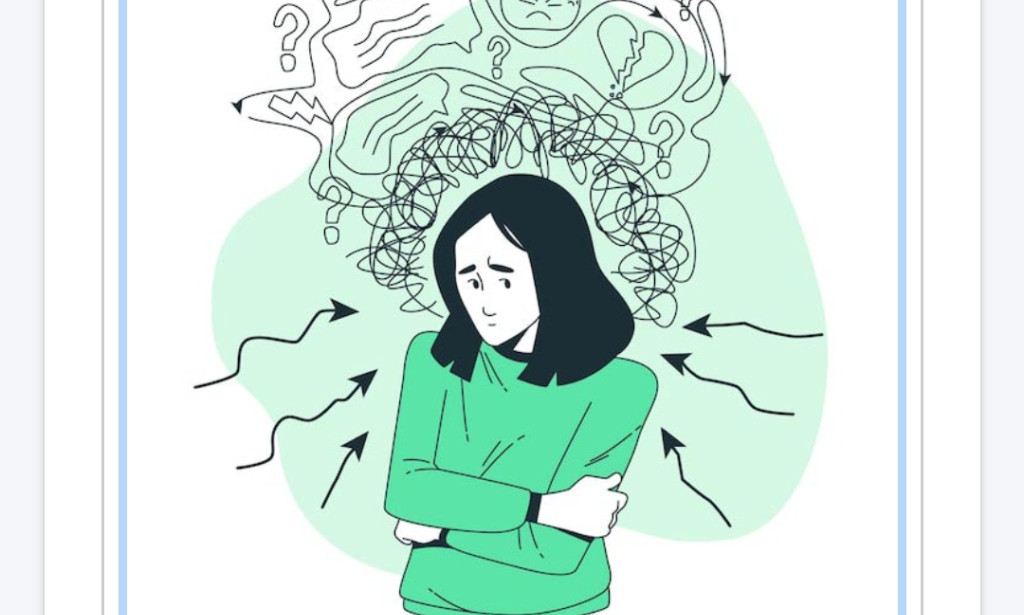In a world often centered around romantic relationships, the experience of being single for an extended period is a journey marked by both self-discovery and unique challenges. The effects of prolonged singleness reach beyond societal expectations, influencing an individual's mental and emotional well-being in various ways.
One of the notable positive aspects of long-term singleness is the opportunity for profound self-discovery and personal growth. Without the distractions and compromises inherent in a romantic partnership, individuals often find the time and space to explore their interests, passions, and values. This period can serve as a transformative journey of self-awareness, fostering a deeper understanding of one's identity and priorities.
However, the societal stigma surrounding prolonged singleness can contribute to feelings of loneliness and isolation. In cultures that place a high value on romantic relationships, individuals who remain single for an extended duration may face societal pressure or judgment. Overcoming these external expectations and embracing the choice to be single can be a formidable internal struggle
The mental health implications of long-term singleness can vary widely among individuals. While some thrive in their independence, others may grapple with feelings of inadequacy or societal alienation. Loneliness, if left unaddressed, can contribute to conditions such as depression and anxiety. It's crucial to recognize the importance of social connections, whether romantic or platonic, in maintaining a healthy mental state.
Constructing a robust support network becomes paramount during prolonged singleness. Cultivating meaningful friendships, familial bonds, and engaging in social activities can counteract the negative effects of loneliness. A well-rounded support system provides emotional stability and a sense of belonging, helping individuals navigate the challenges of solo living.
Long-term singleness offers a unique opportunity to embrace independence fully. From making life decisions autonomously to managing one's own time and resources, individuals can develop a strong sense of self-reliance. This autonomy can lay the foundation for future relationships built on a solid understanding of personal needs and boundaries.
Challenging societal norms and expectations around relationships is an inherent aspect of prolonged singleness. Individuals forging their path outside conventional timelines may inspire a shift in societal perspectives, fostering greater acceptance of diverse life choices. This, in turn, contributes to a more inclusive and understanding society.
In conclusion, the effects of being single for a very long time are complex and multifaceted. While there are challenges associated with societal expectations and potential loneliness, the journey also offers a unique space for personal growth, self-discovery, and the cultivation of resilience. Whether choosing to remain single or actively seeking a relationship, the key lies in embracing one's individual journey and recognizing the value of personal well-being above societal expectations.


You must be logged in to post a comment.